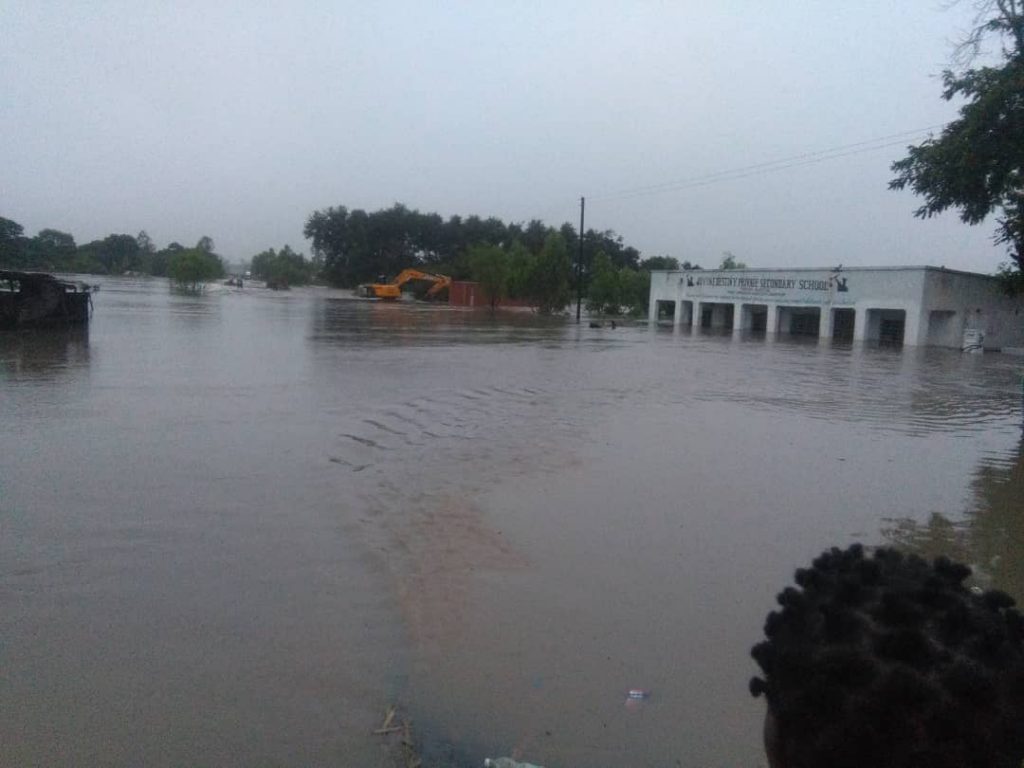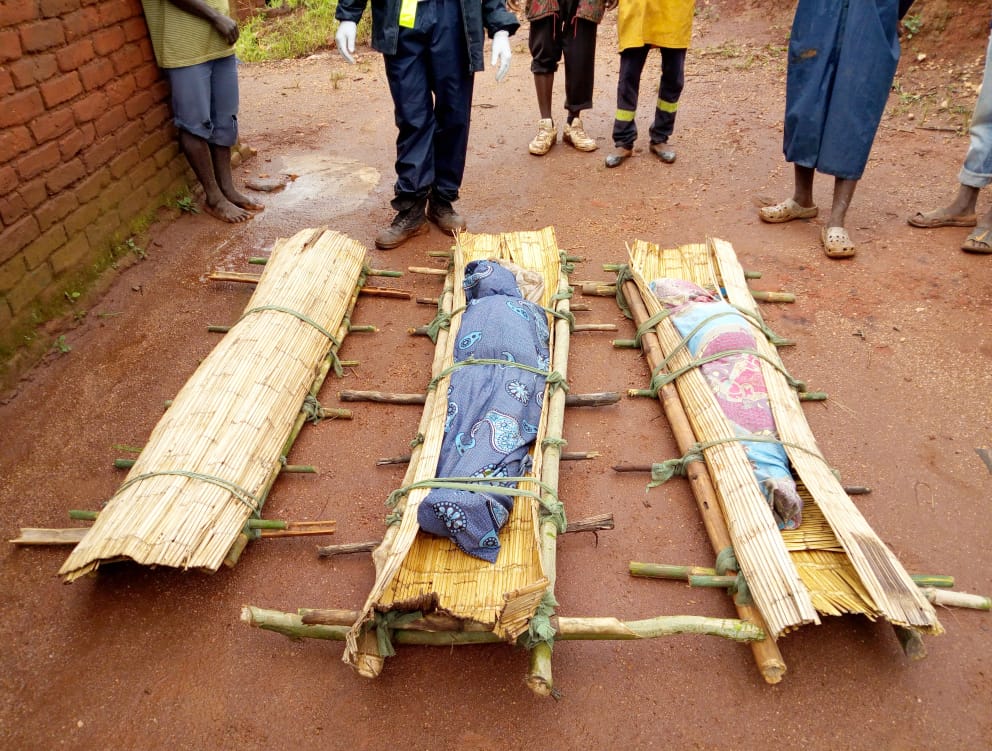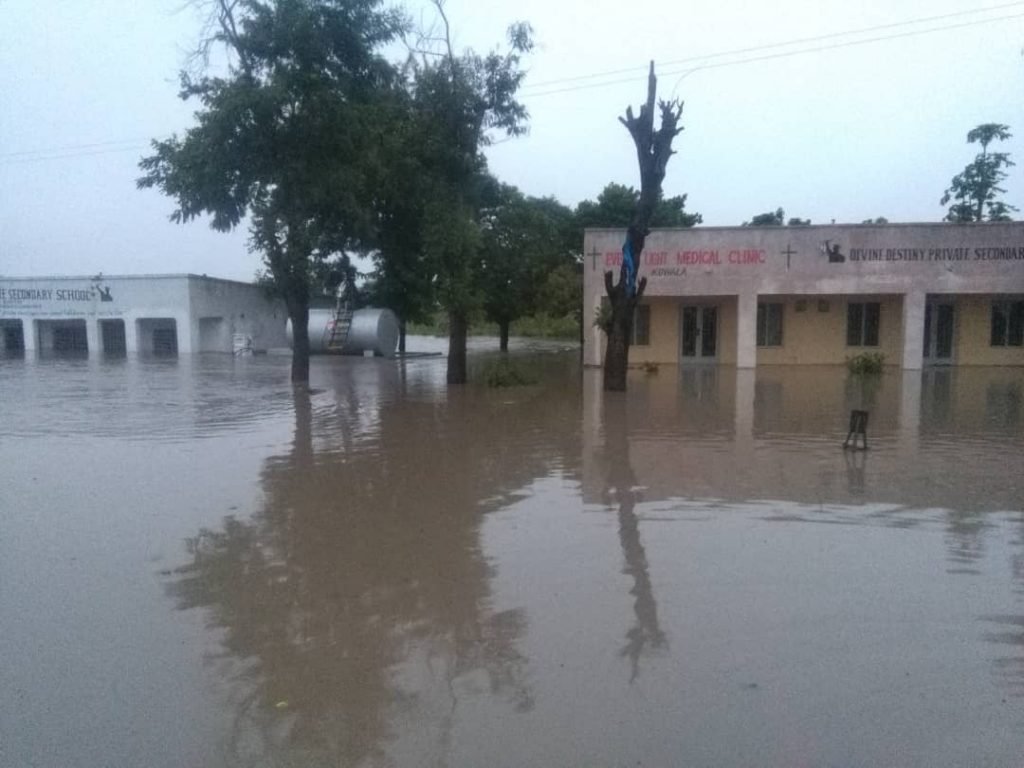Malawi Reels from Flooding

Tropical Cyclone Idai thrashed large portions of Mozambique, Zimbabwe, and Malawi, left more than 1,300 people dead, and entered the record books as one of the worst tropical cyclones in memory. The long-lived storm battered the eastern nations of the African continent for most of the month of March 2017 and serves a grim example of how the developing world is already reeling from climate heating.
News reports confirm at least 6 deaths in flooded areas in Chikwaw, Malawi, mostly near swollen rivers. Police have urged the public not to cross rivers until they have receded.

Rain has let up in southern Zambia, an inland country, which has been enduring a near-permanent dry spell and welcomes the downpour as relief for parched farm lands that are increasingly unproductive. Unfortunately for Malawi, the storm will track east over the Mozambique Channel and intensify quickly. Warm ocean waters energize violent storms and this cyclone is powered by seas that have been running between 28 and 29 degrees Celsius.

Forecasters expect the storm to intensify over the warm water of the Mozambique Channel and then turn to the south. Northwestern Madagascar could then see up to 300mm of rain by Sunday.
If the storm continues to strengthen over the Mozambique Channel next week, forecasts suggest there could be a second landfall in southern Mozambique.
The warm waters this late in the rainy season are likely due to changes in climate, which are leaving people across Africa reeling. Evidence shows that changes in the weather have affected the health, livelihoods, food productivity, water availability, and the African people’s overall security.
The African Continent has seen a decrease in rainfall over parts of the Sahel and Southern Africa, and an increase in parts of Central Africa. Weather-related disasters have doubled in the past 25 years and brought more floods, droughts, and deaths.
The photos below, taken by Skyway University student, Afiki Kezembe, are a vivid reminder of the suffering being endured as a result of climate change.
